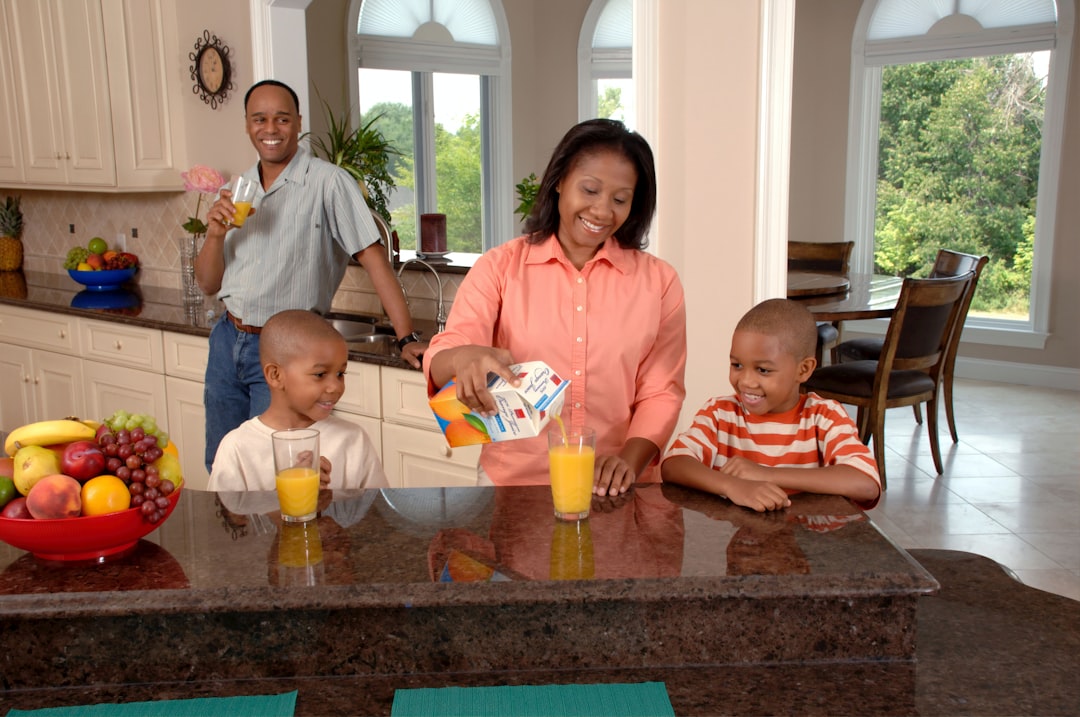What is it about?
40% of young Australians are living with their parents, representing nearly a 20% increase over the 2000s. First, we examine differences in co-residence rates between socio-demographic groups, considering both young adults’ and their parents’ characteristics. Second, we analyze associations between co-residence and mental health, asking who living at home works well for, and who it does not.
Featured Image

Photo by Kinga Howard on Unsplash
Why is it important?
Understanding this rapidly growing living arrangement is important because of its potential repercussions - both on an individual and a societal level. On an individual level, we find young adults living at home typically fare worse in terms of mental health than their peers living independently. Concerningly, young adults who have seen the steepest increase in co-residence exhibit the worst mental health when living at home, including older adults, females, and those residing outside of major cities. Even when co-residence works well for young people, reliance on this arrangement to substitute a lack of affordable rental options is problematic, as it’s available to some people and not others. Young adults are more likely to live at home in households where parents earn more, are married or in partnerships, and live in more expensive houses, detached houses, and in major cities. They are less likely to live in social rental housing, and in flats. The concern then is that a growing reliance on co-residence hinders social mobility and risks driving further wedges between young adults with resourceful and urban parents, and those without.
Perspectives
Our study is about co-residence, but it really speaks to a lot of other systemic issues in the housing and welfare system. Australian housing policy focuses overwhelmingly on substituting pathways to homeownership. However, rental housing is typically the first step for young adults making a start. Addressing issues in this tenure (i.e., the regulation of private rental housing, and social housing supply) is a vital first step to support residential independence for those who either don’t have access to the parental home, or who do not fare well in this arrangement.
Amber Howard
University of Melbourne
Read the Original
This page is a summary of: Parental co-residence and young adults’ mental health, PLoS ONE, November 2023, PLOS,
DOI: 10.1371/journal.pone.0294248.
You can read the full text:
Contributors
The following have contributed to this page










